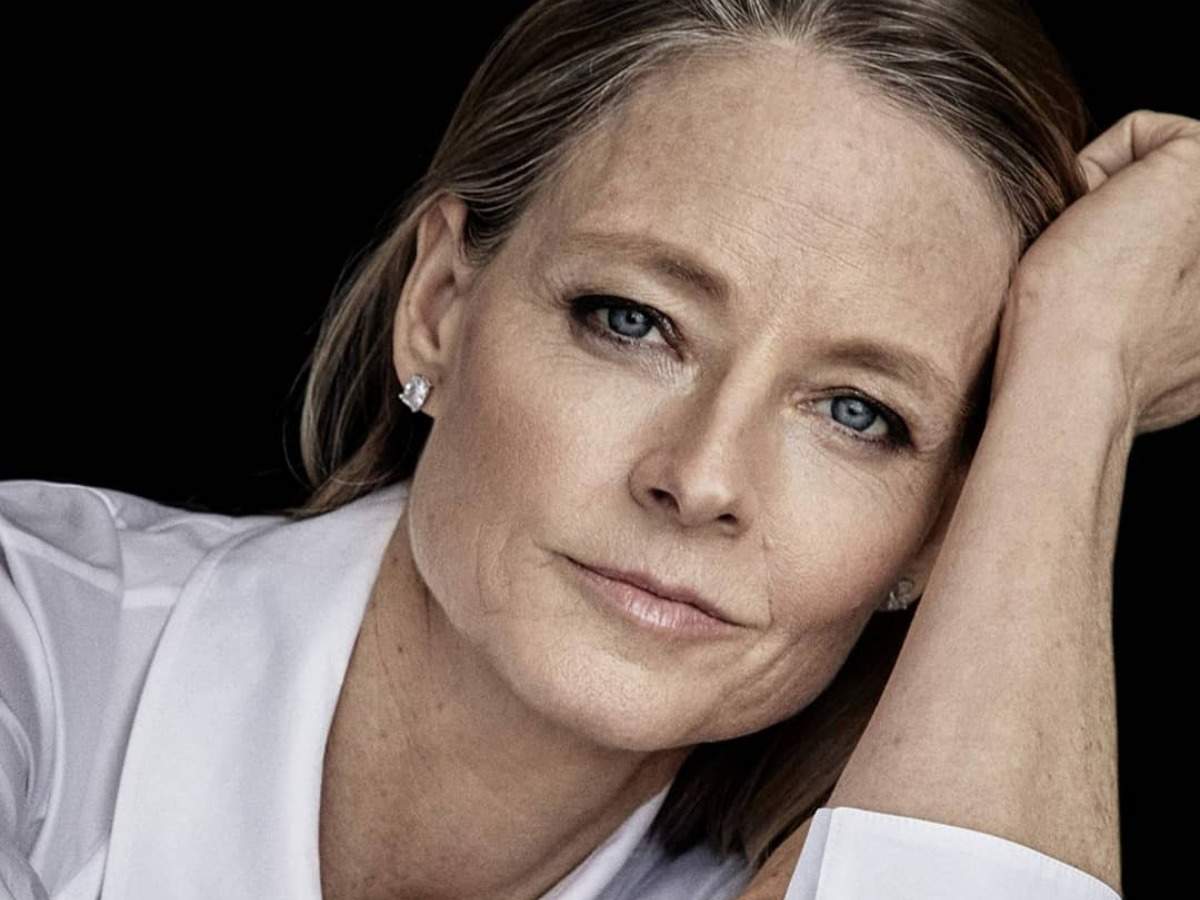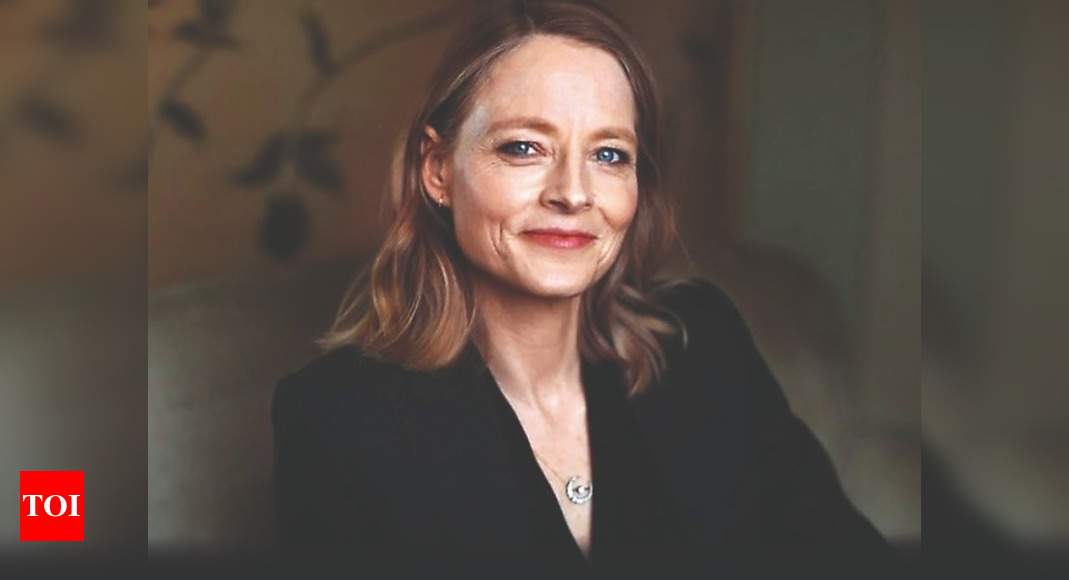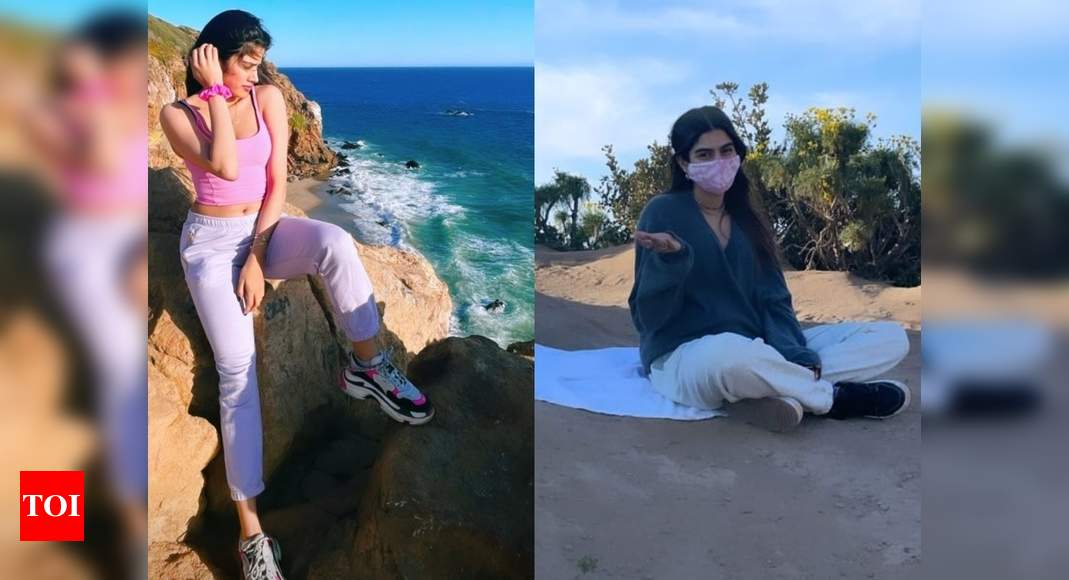Exclusive interview! Jodie Foster: I would love to come to India again and see the changes there – Times of India
The Mauritanian, is friendly and answers some hard questions with utmost honesty.
In a video roundtable interview — which Bombay Times was a part of — Foster spoke about her latest character Nancy Hollander, a feisty lawyer fighting the case of Guantanamo Bay prisoner Mohamedou Ould Salahi, in filmmaker Kevin Macdonald’s upcoming feature film on the aftermath of 9/11, titled
The Mauritanian. In our brief chat, the actress touches upon topics ranging from her love for India and wanting to come back to how she is mesmerised by Tahar Rahim’s portrayal of a man wrapped in faith and goodness. An excerpt from that conversation:
A lot of your scenes in the movie are with Tahar Rahim — right from those intense moments to filming in an eight-by-eight prison cell. How was it shooting in a confined space? And what do you think of his portrayal of the character?
I think Tahar is amazing. I mean, what an extraordinary actor! I knew him from A Prophet; he was extraordinary in that, and I’ve been watching him ever since. When I heard that he was going to play Mohamedou, I was all in, and I just thought that was such an amazing choice. Yes, it’s an intense portrayal. And I think it is very true to who Mohamedou is. In real life, Mohamedou is just this amazing being who was able to go through fear and terror with humanity. That he was able to take his faith and become a decent, loving, affectionate, joyful and happy person. That’s an extraordinary lesson.
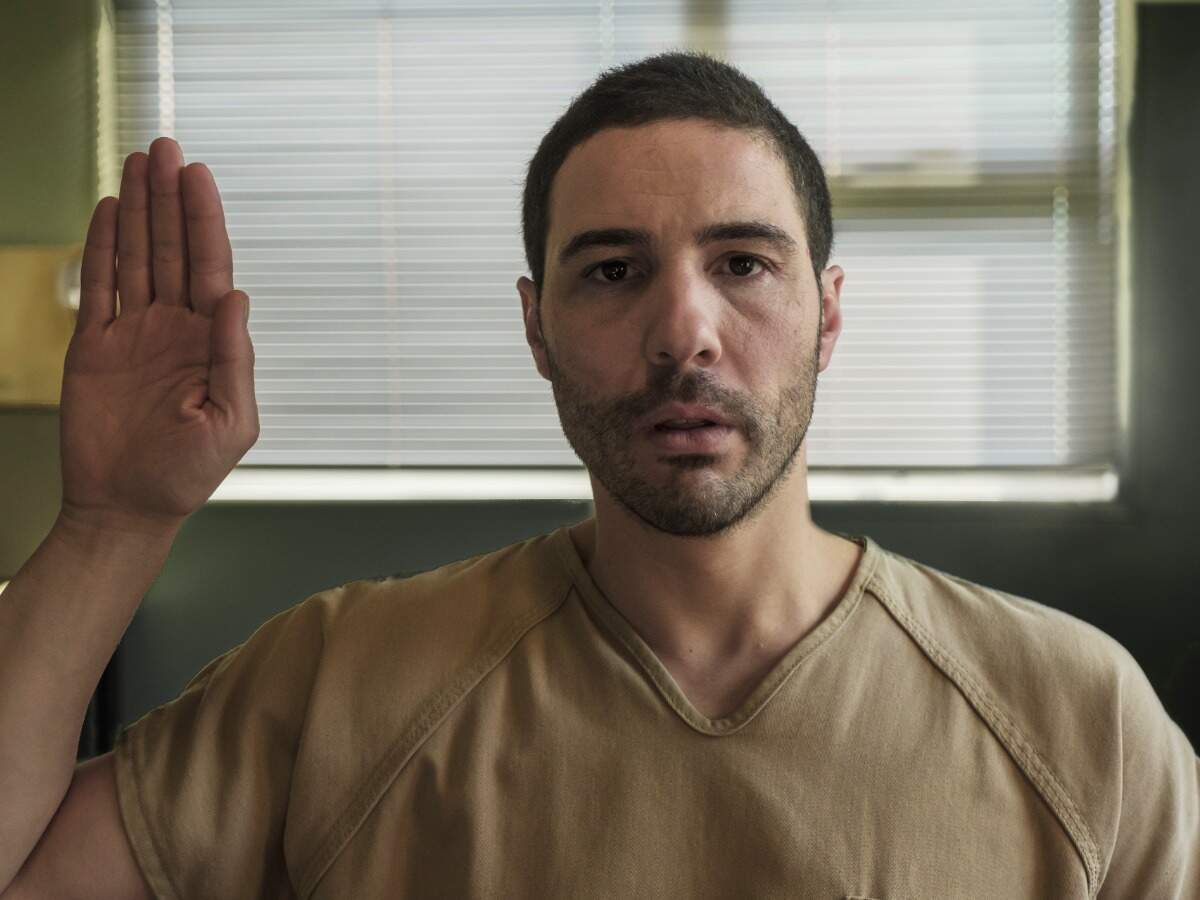
In an interview, Benedict Cumberbatch said that he was extremely sick, but came on set just because he had two scenes with you. Who are the actors you would go out of your way to work with?
Woah! Who said that? Benedict Cumberbatch. He’s just so nice (chuckles!). Um, who would I go out of my way to be on a movie set with? Well, anyone really, I mean, that’s the beauty of it, right? It’s such an intimate experience working with another actor that you either admire or that you have just met. I had already seen Tahar, for example, and he was perfect in The Looming Tower, which I thought was extraordinary and it was just such an amazing opportunity to be in that room with him. And I guess I knew I was going to feel that way, but you don’t really understand it until you are in the moment.
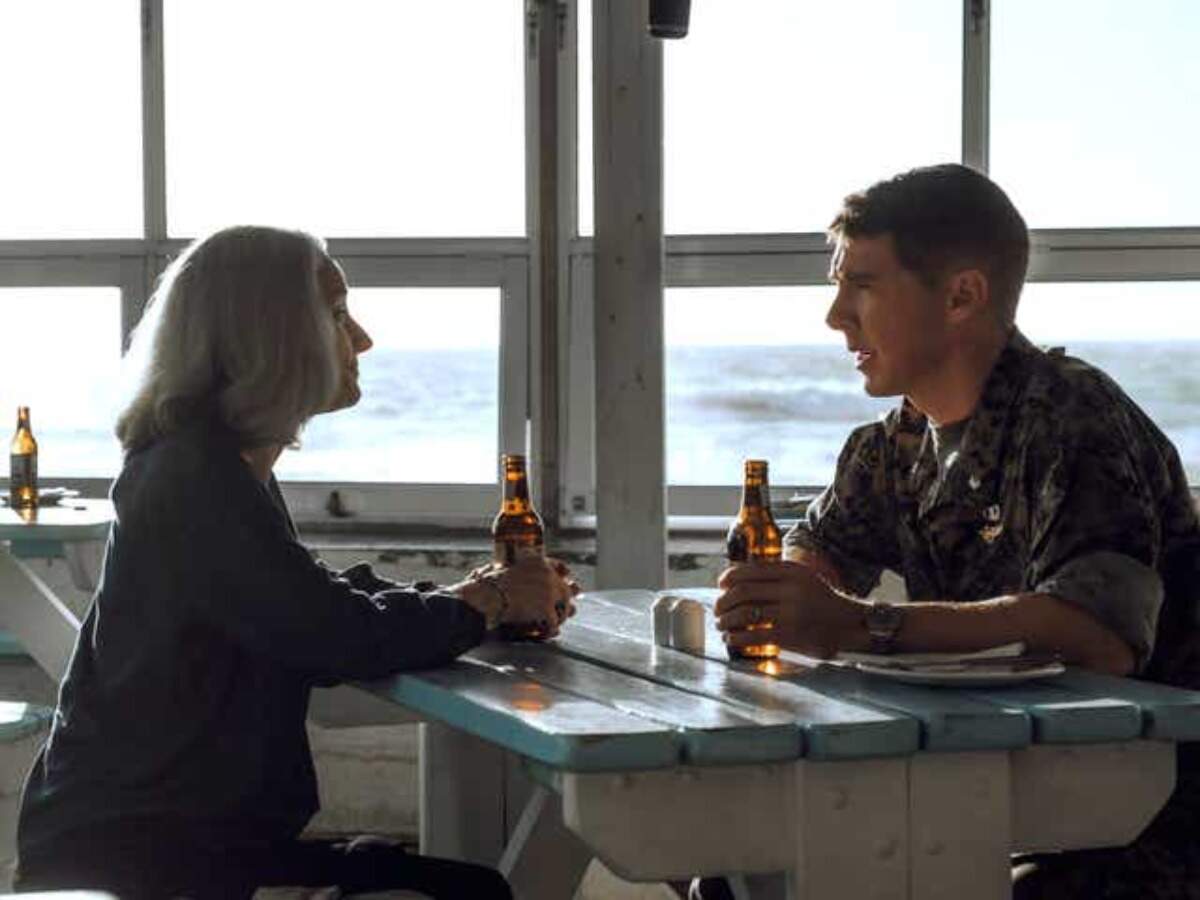
The last time you had come down to India, you visited Jaipur with your friend. When do you plan on coming back? And what do you plan on doing this time around?
Oh, I would love to come again! Yes, I went all over mid-north and it was the greatest trip of my life. We went all over Rajasthan just like every other tourist (laughs!) and went to all those magnificent hotels and, you know, ended up in Varanasi, like everybody else (laughs again!). It was just an extraordinary experience; I would love to come back. I know the country has changed a lot and I would love to see the changes.
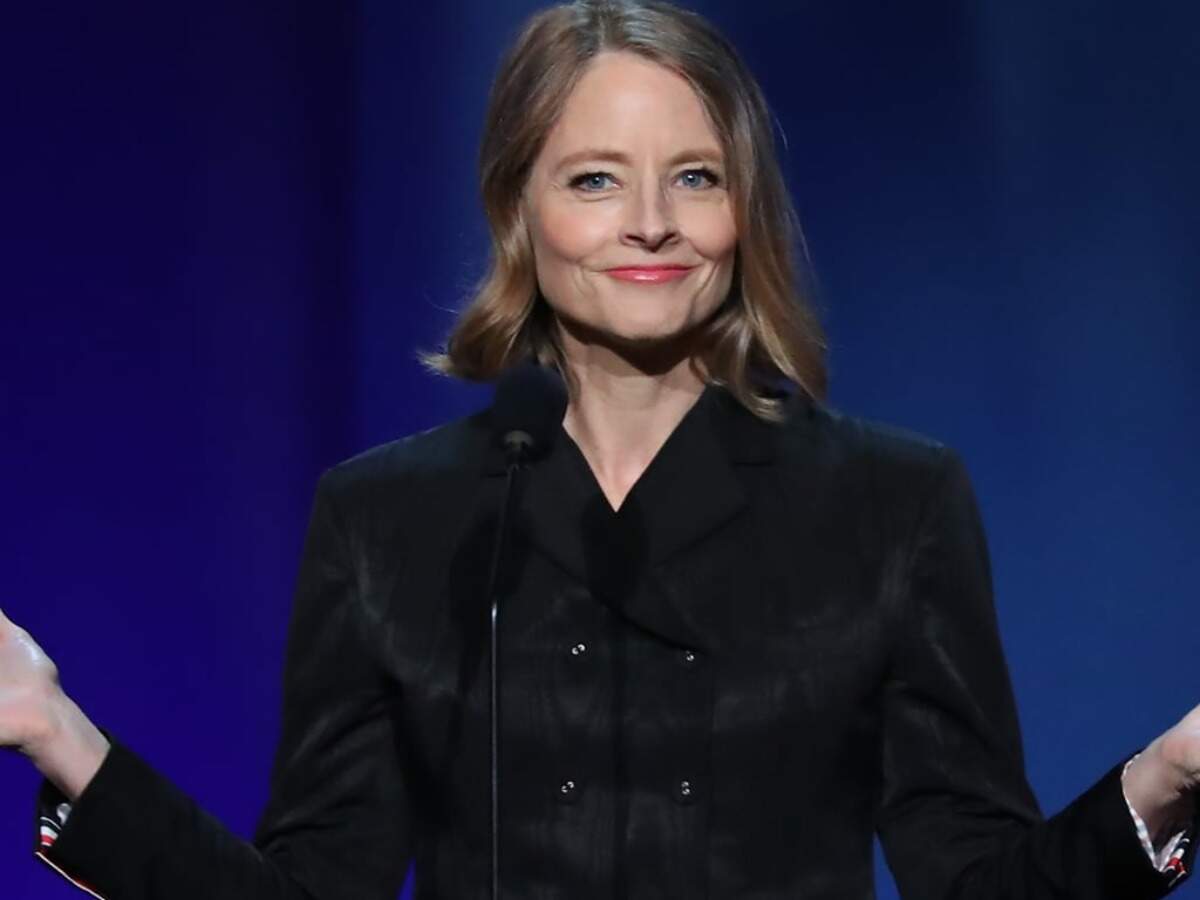
Since it is so rare these days that you take on an acting job, what was it in this case that interested you? Was it specifically the role of Nancy Hollander or was it the political story behind the film?
Well, I think it was Mohamedou’s story (that piqued my interest). You know, when I read the script, I didn’t really know I hadn’t really known a lot about Guantanamo like a lot of Americans. I think that we just put it was outside of our view. And I was just amazed and outraged by what I read and wanted to do more research and then it really was his story. How moved I was by this character’s journey and trajectory and what he had to teach us so yes, that was worthwhile you know, I don’t have like rules like ‘oh, I’ll only work once every four years or every five years or every two years’. If something wonderful popped up tomorrow, I would jump in and do it if it was something that I was moved by so I just take it script by script.
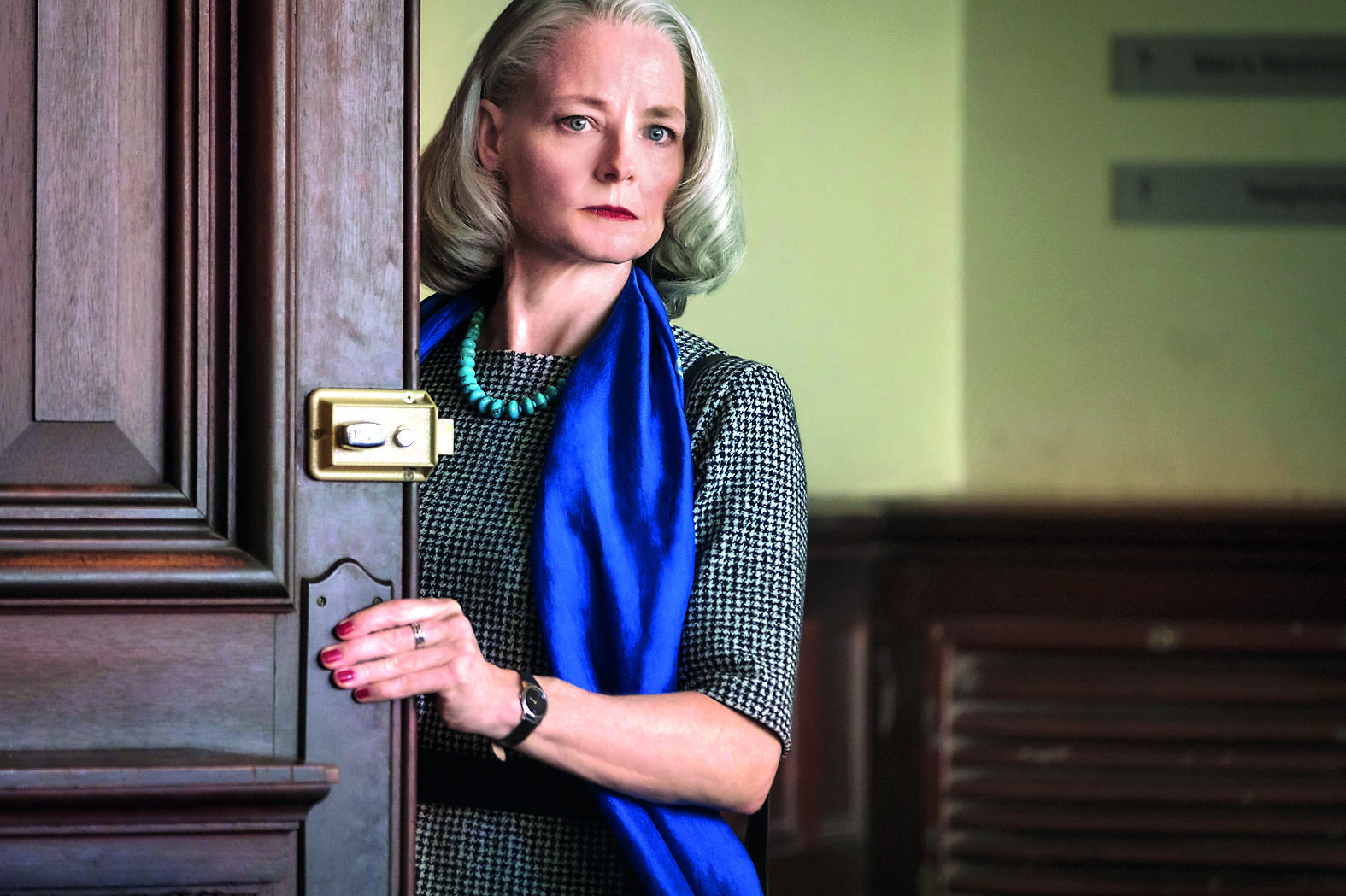
You often choose movies that advocate a subject that reveal uneasy truths. In that case, you know, your country has been really going through a lot of changes politically, especially the last couple of months. Have you feel about releasing this movie about this subject matter at this time?
Yes, I think it’s really relevant. This film is kind of a love letter to the rule of law and to the Constitution, and the institutions of democracy that that keep us from going off into revenge and into emotions. And, you know, letting those emotions take the best of us. And in this case, that’s what happened to the government, you know, they, it’s the experience of fear and terror surrounding 911. And the fear that there would be another 911 or another attack allowed them to become revenge seeking bullies, and throw the law in the window. So yes, I think it’s really relevant for this time. And also, sometimes it takes 20 years to be able to look back on dark part parts of the history and say, you know, what happened? How did we get there? And how can we do better? And what parts of society were we ignoring? It’s important to do that process of truth and reconciliation, whether it’s about the Jim Crow Laws or Japanese internment camps in America after the during the Second World War. We have to look at our dark parts.
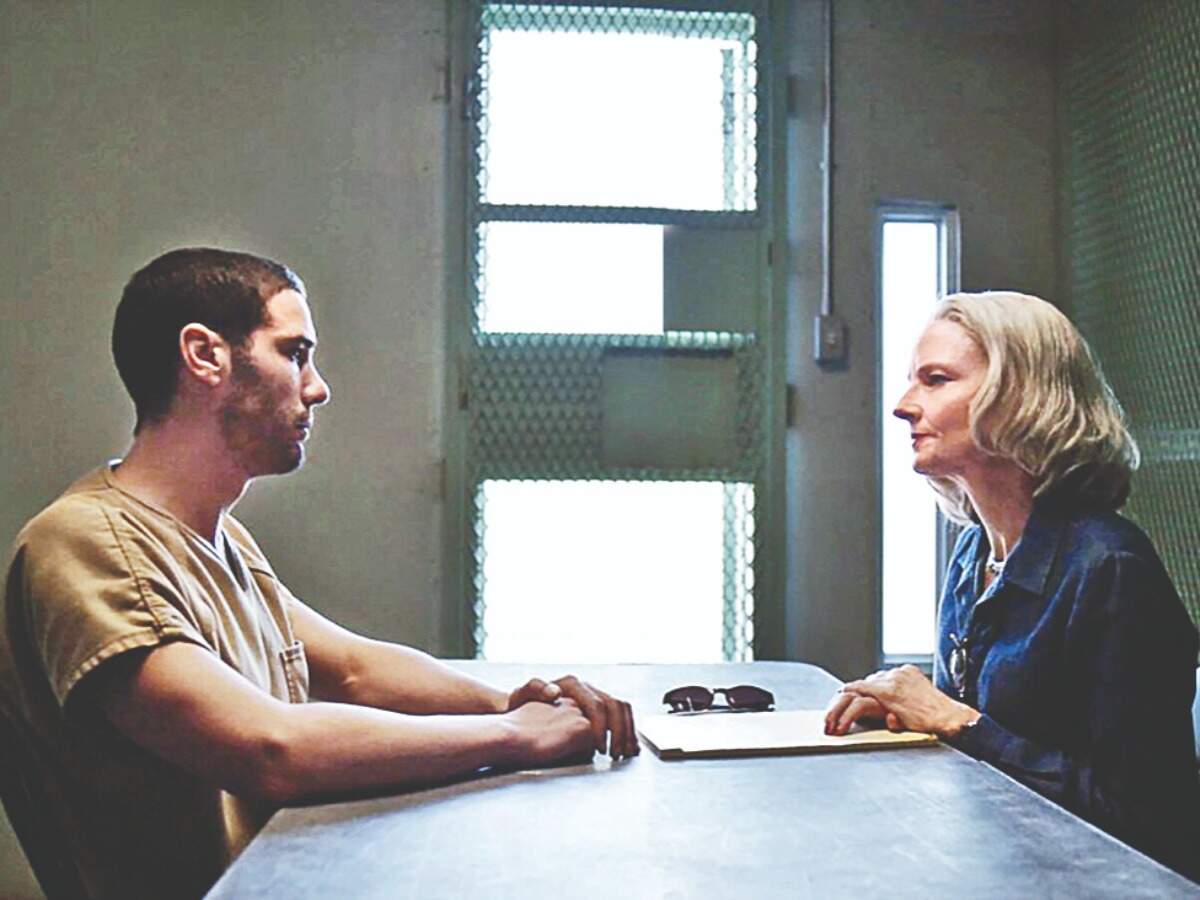
Someone said earlier that he saw in Nancy,aspects of some of parts that you had played before, like he made a connection to ‘The Accused’ and ‘The Silence of the Lambs’ in that she has a tough exterior, but sort of a brokenness inside. And I was wondering, do you ever think of your parts that way? Do you make connections between, you know, your own films and stuff?
I don’t really make that connection. I mean, I’m the same person playing it. So I guess there’s that connection. But no, I don’t really see a similarity. I mean, I’m also older. So, you know, somebody made the connection between Clarice and, and Nancy. And I was like, ‘really? Because they got like, 40 years on each other’. And I don’t really see that at all, you know, maybe Clarice. 40 years later might turn into… I have no idea. I don’t know. It’s a funny thing, this idea of tough exterior. I wonder if Nancy Hollander had been a guy, if we’d be saying that. I don’t really know. And Nancy could easily have been a man mean, she could easily have been a lawyer named, you know, Ned, and who came not really believing that he was, you know, wondering whether he was innocent or not. And then over time becoming closer and more intimate. Yes, I don’t know, I do like the idea that characters have layers. And that there’s layers of the first layer that you present. And then there’s another layer of what’s really underneath the surface. And then behind that, there’s a certain amount of shame about who you are, wanting to change who you are, and not being able to, like I like exploring all these different layers of characters. That’s hopefully a, I would say that that’s a more multi-dimensional character, as opposed to one dimensional character.
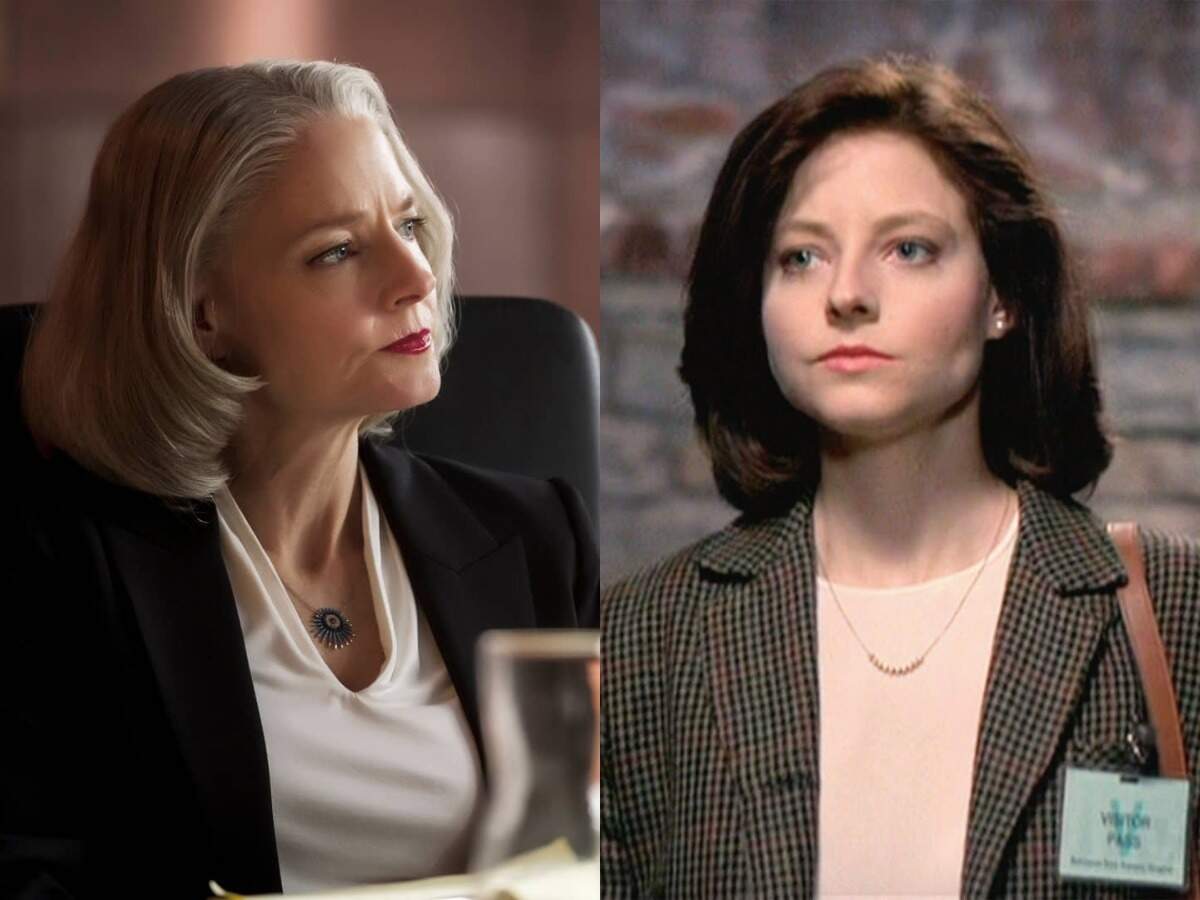
You recently said that working less was totally fine with you. So can you tell us what what are you doing? When you’re not working nowadays? I mean, do you have artistic goals? I mean, is it something artistic that you’re doing or just enjoying life?
Well, I do a lot of stuff. I mean, I direct so there’s that and develop screenplays that are produced as well. So there’s that’s a lot of work as well. And I have two kids. So they’re, they’ve just they’re just both in college now officially, as of the last few weeks. So I guess that means I’m an empty nester for the first time. Um, and I do other things, too, you know, I hang out. I didn’t travel this year, but I do a lot of travelling. So yes, I find plenty of time to keep myself busy.
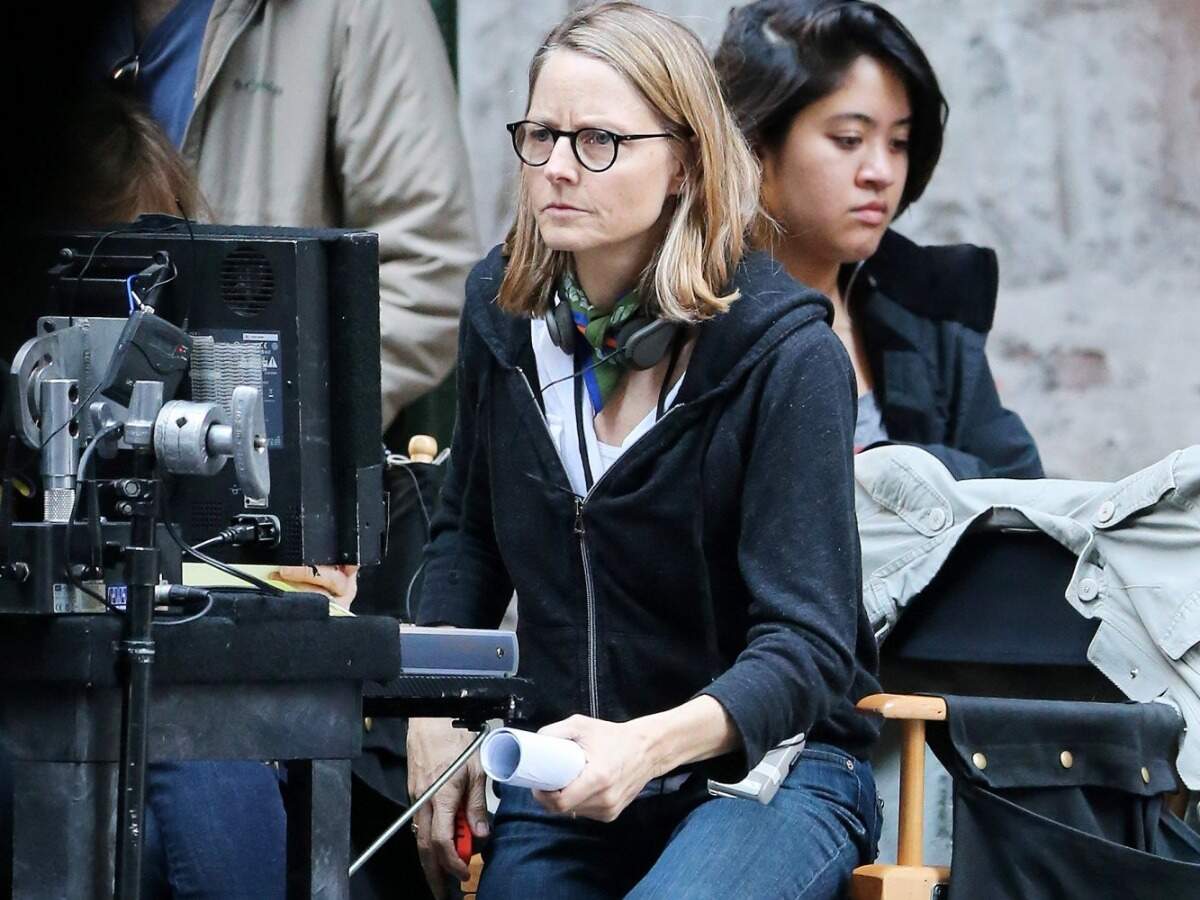
Speaking of directing and developing projects, we all know it’s always been difficult. But in the last few years, do you feel it’s gotten more difficult to develop a certain source kind of cinema, like the mid-range or smaller films? You know?
Well, the industry changed. Obviously, we knew this was happening. We’ve been knowing this was happening for the last 15 years and was just a question of how much time it would take for there to be you know, theatrical releases being big franchise films, and then real narrative films all being on streaming and cable on home theatres. So we all knew this was coming. Obviously, the pandemic accelerated everything. And but the habits of movie goers were already changing. And now they will change and our change have changed dramatically. So I don’t I don’t know that we’ll ever come back from that completely. I don’t know about you, but I haven’t been to a movie theatre and almost a year, so much my habit changed. And I see a lot of films now. And I think I see a lot of films and I’m hungry for more content. It’s, it’s kind of sad for people who you know, have a nostalgia for being in a movie theatre and having those experiences of growing up and being a movie theatre, but it’s also like, that’s, you know, times have changed, you have to be relevant. And as an actor, and as a performer, you know, I can make movies on my phone now. So what do I care?
